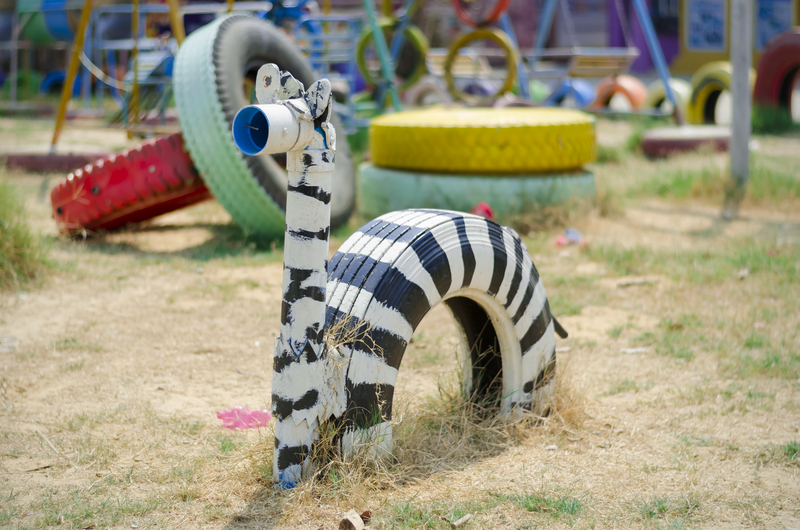Environmental Challenges from Improper Waste Handling
In our modern world, effective waste management is crucial for preserving the earth's environment and ensuring a sustainable future. Unfortunately, improper waste handling continues to be a significant issue worldwide, leading to numerous environmental challenges. Understanding these challenges is the first step towards addressing them effectively.
Understanding Improper Waste Handling
The term improper waste handling refers to the incorrect, inefficient, or irresponsible management of waste materials. This can involve the disposal, collection, treatment, or recycling of waste in ways that harm environmental integrity. From household garbage to industrial byproducts, mishandling waste can have serious ecological repercussions.
Types of Waste
- Municipal Solid Waste (MSW): This includes everyday items discarded by the public, such as food packaging, clothing, and household items.
- Hazardous Waste: Waste materials dangerous to human health or the environment, including industrial chemicals and medical waste.
- E-Waste: Discarded electronic appliances like computers, televisions, and mobile phones.
- Commercial and Industrial Waste: Wastes generated by businesses and industrial activities, including plastics, metals, and manufacturing residues.

The Environmental Impact of Improper Waste Handling
Improper waste management can significantly impact the environment in numerous ways. Here are some of the most pressing challenges:
1. Pollution
One of the most immediate outcomes of incorrect waste disposal is pollution. Waste materials that are not properly managed can end up in natural environments, causing soil, water, and air contamination. For instance:
- Water Pollution: Waste dumped into rivers, lakes, or oceans can poison the water supply, affecting both aquatic life and human populations that rely on these water bodies for sustenance and hydration.
- Soil Pollution: Hazardous waste leaching from landfills can degrade soil quality, affecting agriculture and natural biodiversity.
- Air Pollution: Burning waste releases toxic compounds into the atmosphere, contributing to air quality deterioration and respiratory health issues in nearby populations.
2. Wildlife Harm
The effects of improper waste handling extend beyond pollution to directly impact wildlife. Animals often mistake waste for food, ingesting plastics and other harmful materials. This can lead to starvation, poisoning, and even death.
3. Contribution to Climate Change
When waste decomposes, particularly in landfills, it can produce methane, a potent greenhouse gas. The mismanagement of organic waste thus contributes significantly to the atmosphere's greenhouse gas levels, exacerbating climate change.
4. Resource Depletion
Improper waste management often means valuable resources are lost. For example, metals and rare earth elements in e-waste can be recycled and reused, but improper disposal leads to further mining and degradation of natural resources.

Strategies for Addressing Improper Waste Handling
To mitigate these environmental challenges, it is necessary to adopt effective waste management techniques. The following strategies offer a comprehensive approach:
1. Reduce, Reuse, and Recycle
The three R's are fundamental in minimizing waste. By reducing consumption, reusing materials, and recycling appropriately, we can drastically decrease the amount of waste that ends up improperly handled.
2. Develop Comprehensive Waste Management Policies
Governments and international bodies must enforce stricter regulations on waste management. This includes employing advanced waste treatment technologies, mandating corporate responsibility, and incentivizing sustainable waste practices.
3. Community Education and Participation
Public awareness campaigns and education initiatives can empower communities to practice better waste handling. Participation in local waste reduction programs encourages consumer responsibility.
4. Invest in Infrastructure
Improving waste management infrastructure -- such as recycling facilities, composting plants, and waste-to-energy plants -- is essential for comprehensive waste treatment.
5. Adopt Technological Innovations
Emerging technologies such as AI and IoT can streamline waste management processes, help track waste materials, and identify discrepancies in current systems.
Conclusion
Addressing the environmental challenges associated with improper waste handling requires concerted efforts from individuals, businesses, and governments. By understanding these challenges and implementing strategic solutions, we can move towards a more sustainable future where waste is managed effectively and responsibly.
The call to action is clear: we must change our waste handling habits to protect our planet. By doing so, we ensure a healthier environment for ourselves and future generations.